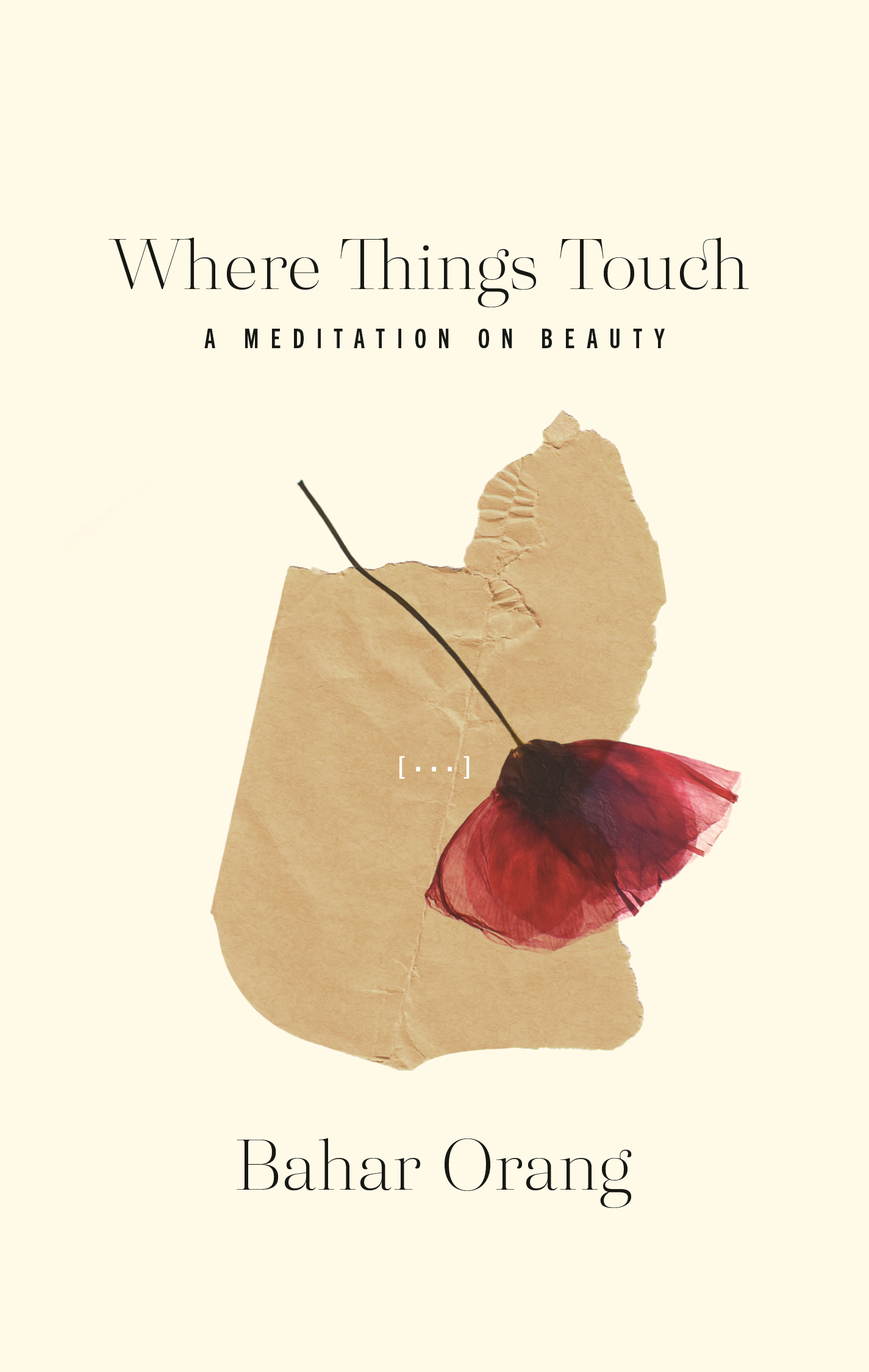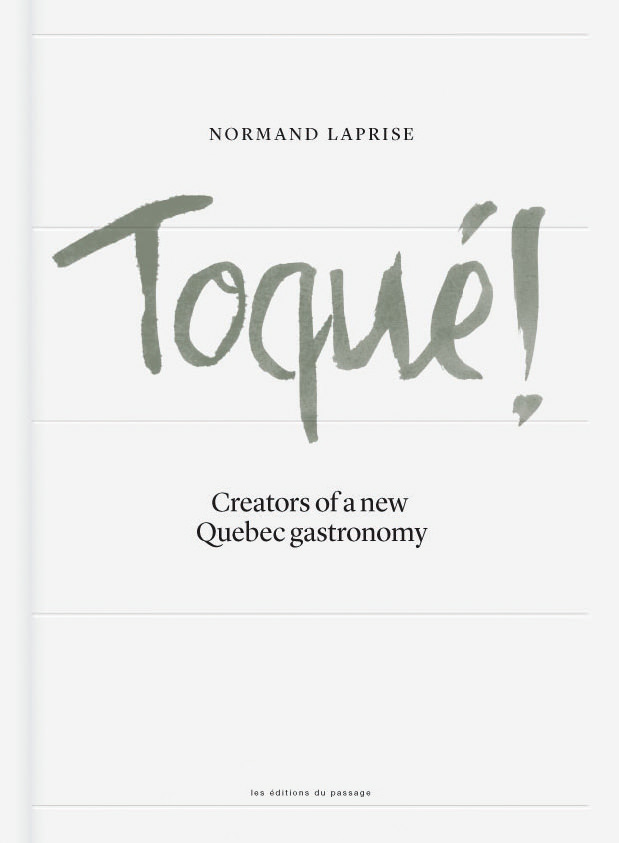Book Review: Where Things Touch
A poetic approach to beauty.

Bahar Orang’s new book Where Things Touch, out in August, is subtitled A Meditation on Beauty, and that is perhaps the only way to approach this piece that walks the line between poetry, prose, and lyrical essay. As a meditation, it slowly and deliberately applies different coloured lenses to a subject that permeates our consciousness whether we know it or not. Orang’s position as a physician in training provides a starting place for her to explore how people relate to beauty. From there, she discusses all other intersections that may cross beauty’s path, like sexuality, race, memory, intimacy, and home.
Form and plot are secondary to her expert and incisive control of language to communicate emotion and heady concepts. However, for those who must know, the story follows her personal experiences trying to seduce a new lover and coming to terms with lingering anxiety and insecurities from past relationships. In a series of snapshots, she weaves a love story against the backdrop of a psychiatric residency in Toronto.

Bahar Orang is a Toronto-based writer and physician-in-training writing about her own experiences with beauty.
Orang writes, “to devote oneself to the study of beauty is to offer footnotes to the universe of all the places and all the moments that one observes beauty.” To read her work is to understand the culmination of romanticism and postmodernism in contemporary culture. She grasps the aporia of cultural standards of beauty pertaining to women, men, landscapes, and moments, and captures it in textual tableaus. She is able to deftly sidestep stereotypes and frivolity in her examination and creates a kind of credibility around herself and the subject. She draws the conclusion that beauty is an essential human pleasure. She does not operate outside of the world of cynicism but instead refuses to be anchored by it, and this book will encourage all who read it to take the same view.
In a world where eyebrow raises, eye rolls, or scoffs can accompany a conversation about the philosophy of beauty or when so-called philosophers overcomplicate the concept as if that gives it more value, Orang eschews all expectations and allows the subject matter breathing room. She defines her own categories of beauty and looks inward to determine what she finds beautiful. She spends much of the book searching for the location of beauty, where it is born in time and space, but does not pretend to find all the answers. She is fearless in her pursuit and communication as if she is disinterested in the opinions of gatekeepers, and that makes this book thought-provoking, uplifting, and refreshing.
_________
Never miss a story. Sign up for NUVO’s weekly newsletter here.




